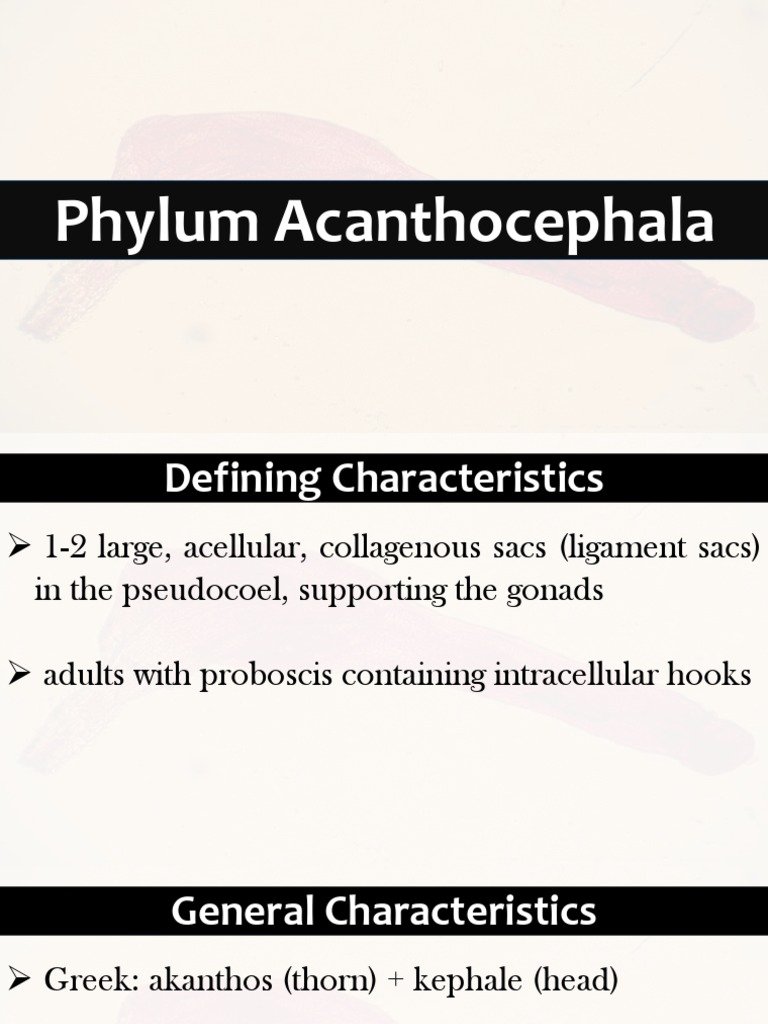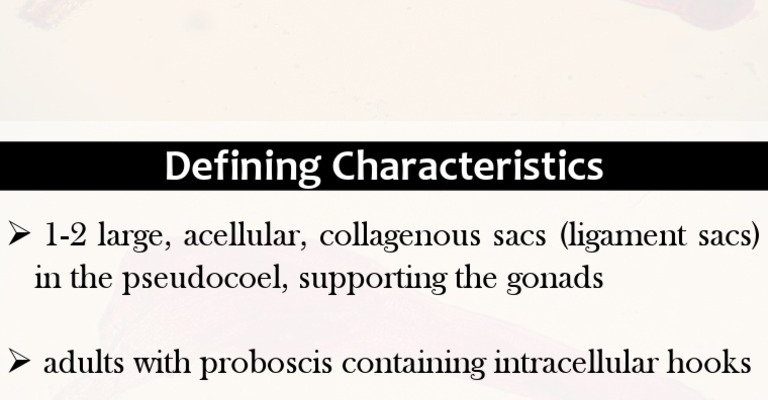
Imagine a complex web where each strand supports another. Acanthocephala is like a hidden strand in that web, connecting various species and influencing food chains. Understanding their role can help us appreciate the intricate relationships that sustain life on Earth. So, let’s dive into the importance of these remarkable creatures and see why they matter.
What Are Acanthocephala Species?
Acanthocephala species are a group of parasitic worms that inhabit the intestines of various hosts, including fish, birds, and mammals. What makes them unique is their spiny, hooked heads, which allow them to anchor themselves to the intestinal walls of their hosts. This helps them feed on nutrients without being displaced.
These worms have a complex life cycle that often involves multiple hosts. For instance, a typical scenario includes a small invertebrate, like a crustacean, being the first host. The Acanthocephala larvae develop in these creatures, and when a larger animal consumes them, the larvae can then grow into adults within the new host. It’s a bit like a relay race, where the baton is passed between different organisms, highlighting the interconnectedness of life.
You might be wondering how these little guys fit into the ecosystem. Well, they play a significant role in regulating host populations and can even influence the behavior of their hosts. Yes, that’s right! Some studies have shown that infected hosts might act differently, making them more likely to be preyed upon. This can lead to important cascading effects throughout the food chain.
The Role of Acanthocephala in Food Webs
Let’s break down how Acanthocephala fits into food webs. In any ecosystem, energy flows from producers, like plants, to various levels of consumers. Acanthocephala, as parasites, occupy a unique position. They help regulate populations of their hosts, which in turn influences the entire food web.
For example, when Acanthocephala infects a fish, it can reduce that fish’s health and reproductive success. If enough fish in a certain area are affected, there might be fewer fish available for larger predators, like birds or larger fish. This is a classic case of how one organism’s health impacts many others in the ecosystem.
Here’s the thing: without these little worms, some species might overpopulate, leading to an imbalance. Think of it as nature’s way of maintaining equilibrium, ensuring that no single species dominates and pushes others to extinction. So, in a way, Acanthocephala helps keep the balance among various life forms.
Impact on Biodiversity
Biodiversity is vital for healthy ecosystems, and Acanthocephala contributes to this diversity in unique ways. By being a part of the food web, they encourage a variety of species to coexist. Parasites often have specific hosts, so the presence of Acanthocephala can influence which species thrive in a given habitat.
When a host species is affected by a parasite, it can create opportunities for other species to fill the ecological gaps. For instance, if a certain fish species declines due to Acanthocephala infection, other fish may increase in number to take its place. This can lead to a more diverse community overall, as different species occupy different niches in the environment.
Additionally, as hosts adapt to parasitic pressures, it can drive evolutionary changes. This might encourage traits that allow hosts to become more resistant to infections or improve their ability to coexist with these parasites. It’s nature’s way of fostering resilience, promoting stability, and sustaining life in diverse forms.
Acanthocephala’s Role in Ecosystem Health
Ecosystem health isn’t just about the number of species; it’s also about how well those species can interact with one another and their environment. Acanthocephala can serve as indicators of ecosystem health. When you see a shift in Acanthocephala populations, it can signal changes in the environment or in host populations, providing valuable insights for ecologists.
For instance, a decline in Acanthocephala could suggest decreasing populations of their specific host species, hinting at environmental stressors like pollution or habitat loss. This can serve as a wake-up call for conservation efforts, highlighting areas that need attention or restoration.
This interconnectedness reminds us how delicate these systems are. Healthy ecosystems thrive when all players, including parasites like Acanthocephala, are present and functioning. They are not just “bad guys”; they have important ecological roles that we need to understand and respect.
Human Interaction and Conservation Concerns
While Acanthocephala might not usually be at the forefront of conservation conversations, they do face threats from human activities. Habitat destruction, pollution, and climate change can disrupt their life cycles and population dynamics. These changes not only threaten Acanthocephala but also the broader ecosystems they support.
For example, when aquatic environments are polluted, it affects the small invertebrates that often serve as hosts for Acanthocephala larvae. If those hosts are harmed, the entire life cycle and the worms’ ability to thrive are jeopardized. By addressing human impacts on ecosystems, we can help support not only Acanthocephala but all the species that depend on a balanced environment.
That said, Acanthocephala species can also demonstrate how resilient nature can be. Their ability to adapt to changing conditions shows us that while challenges exist, ecosystems have the potential to recover if given a chance. Conservation initiatives that focus on protecting habitats and reducing pollution can ensure that these fascinating organisms continue to play their essential roles in our ecosystems.
In wrapping this up, let’s remember that every organism, no matter how small or seemingly insignificant, contributes to the rich tapestry of life. Acanthocephala, while tiny and often overlooked, plays a crucial role in maintaining ecological balance, promoting biodiversity, and signaling ecosystem health.
By understanding these roles, we can foster a deeper appreciation for all creatures, including those that might make us squirm a little. So, next time you hear about parasites, think of Acanthocephala as the unsung heroes of the ecosystem, quietly working behind the scenes to keep our natural world thriving. The more we learn about these unique species, the better equipped we are to protect the intricate web of life that sustains us all.

